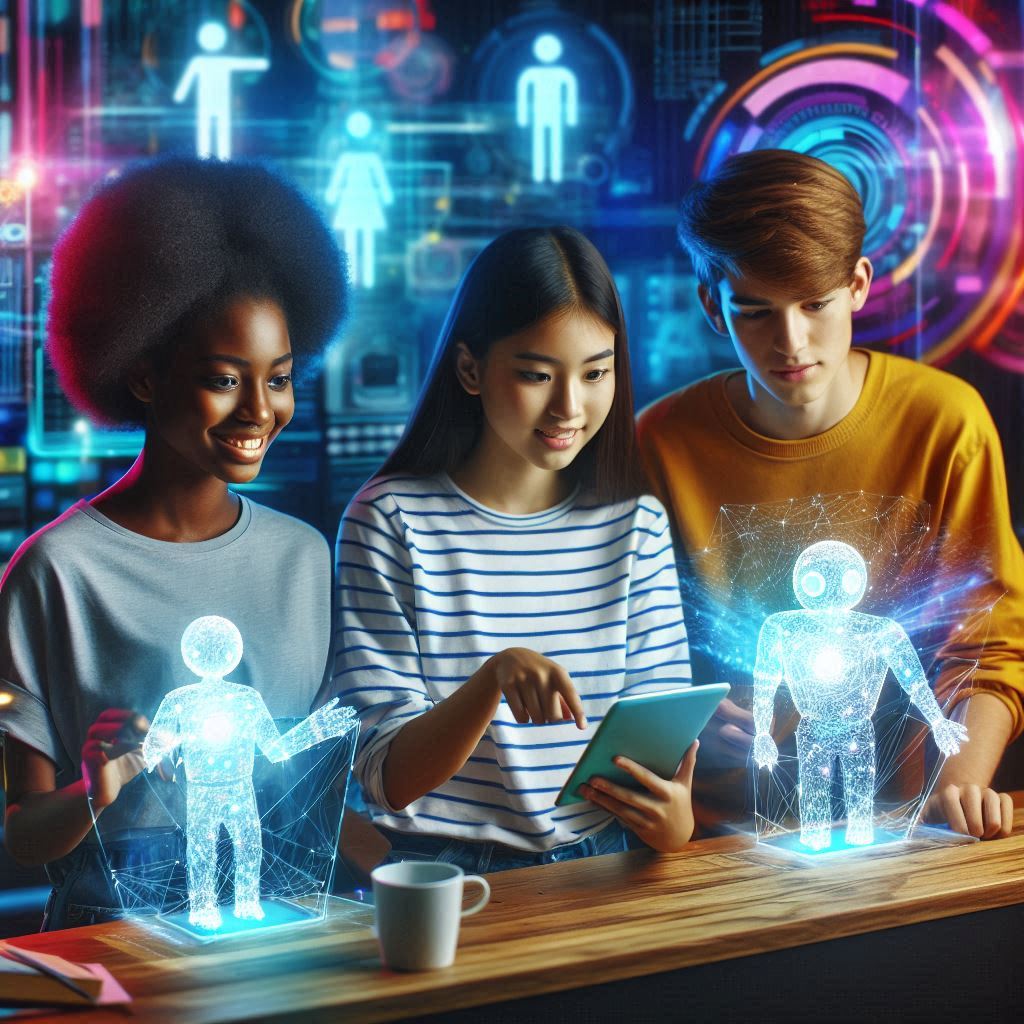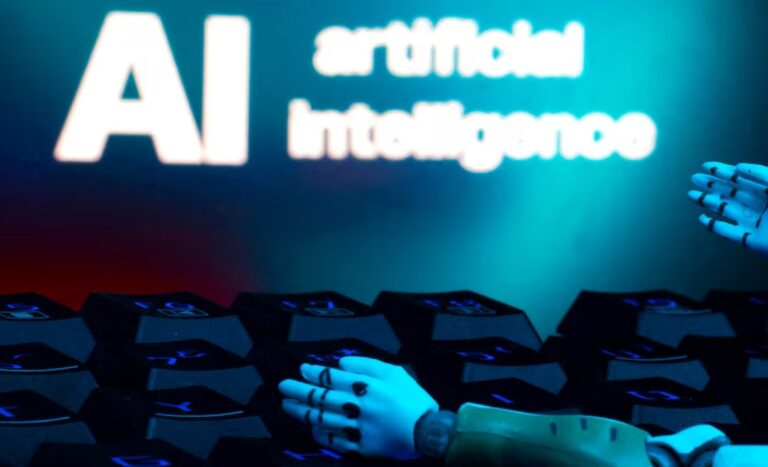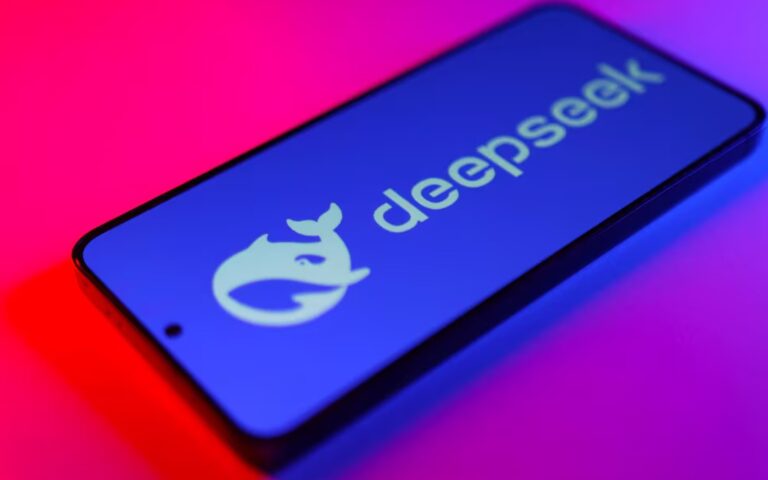
Gen Z and AI: It’s Complicated
Gen Z might be the first generation to grow up with AI in their group chats, but that doesn’t mean they’re handing it a free pass. A new report from The Insight Centre sheds light on how young Australians are using generative AI tools like ChatGPT, what they really think of them, and exactly where the tech gives them the ick.
Spoiler: it’s not all sci-fi optimism and endless essay help. Like most things in Gen Z’s world, their relationship with AI is … complicated.
The AI Generation
Let’s start with the basics: a whopping 90% of Gen Z have used generative AI. That stat’s almost as strong as their love for 2000s throwbacks — think trucker caps, velour tracksuits, and low-rise jeans.
Whether they’re brainstorming assignments, fine-tuning a cover letter, or chatting to a bot when feeling a bit meh, AI is showing up in their study, work, and personal lives. Some even admit to using it to text friends. But despite the convenience, it’s not all smooth sailing.
The Excitement — and the Dread
According to Dr. Anna Denejkina, Associate Director at The Insight Centre, Gen Z is stuck in a strange limbo — excited by AI’s potential, yet deeply anxious about its implications.
Their top three concerns?
- Creative theft
- Deepfakes and misinformation
- Losing the ability to think for themselves
And women, in particular, are feeling the impact. The report reveals a significant gender gap in confidence and skill: just 20% of young women feel skilled in using AI tools, compared to 41% of young men. Twice as many men also report feeling confident navigating GenAI. Cue the tech bro vibes.
It goes deeper. Nearly three in four young women are seriously concerned their creative work could be used to train AI without consent. And deepfakes? Downright terrifying — especially for women aged 18–21, who express the most concern about being targeted.
Real Voices, Real Feelings
Jacinta*, a data analyst in her 20s, shared how her relationship with ChatGPT shifted from helpful to unsettling.
“It felt like it was rewiring my brain,” she said. “I stopped using it in my personal life when I caught myself using AI to text my friends. It didn’t feel right. It didn’t feel human.”
On the flip side, Donald, a uni student breaking into tech, credits AI for opening doors he didn’t know existed.
“Using AI was what got me into tech in the first place. I had no coding experience — AI helped me learn and create.”
Still, even Donald agrees: deepfakes and misinformation are no joke. The upside? Tools to detect fake content are improving, and Gen Z is becoming more media-savvy.
Not Just a Shortcut
Despite the chaos and controversy, most Gen Zs aren’t using AI to cheat. According to Dr. Denejkina, 82% of students say they wouldn’t use GenAI for plagiarism in the future — no matter what may or may not have happened at 2am during an all-nighter.
Instead, many use AI as a skill-building tool, not a shortcut. For some, it’s even become a kind of digital therapist — a judgment-free zone for working through thoughts and feelings when human support isn’t on hand.
Final Thought: Cautious Optimism
If there’s one takeaway, it’s this: Gen Z gets it. They know AI has the power to make life easier — but they’re just as tuned in to the risks, from job insecurity to creative burnout.
As Donald puts it:
“AI has supercharged the way we work. But it’s on us to keep the human element front and centre.”







